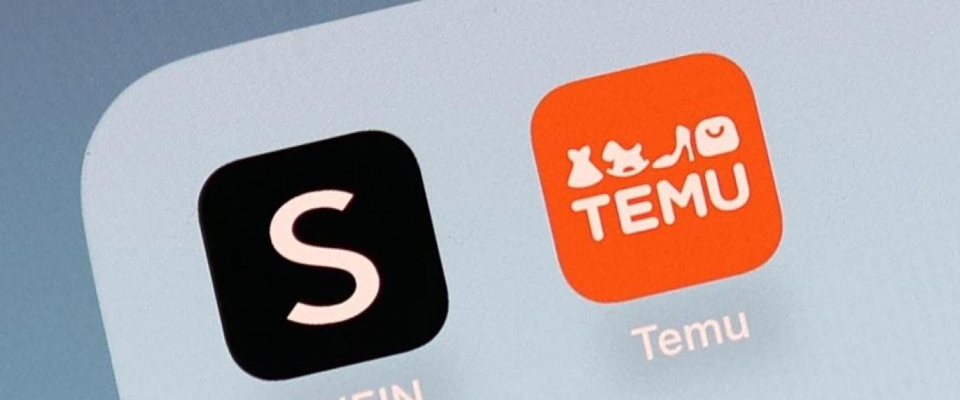What New Tariff Rules Could Mean For Shein And Temu Shoppers
Shein and Temu have quickly become go-to sites for Americans in search of a cheap water bottle or dress.
But the era of quick growth of these e-commerce sites might be stifled if Washington closes a tax loophole that could bump up the sites’ prices.
Tax Loophole
The Biden administration recently announced a new rule that could increase the costs of both companies to ship goods to Americans, which came after a House of Representatives Select Committee report that detailed just how much both companies benefited from that tax loophole.
While no rule has been enacted yet, already-pressed consumers should use these developments to reevaluate how they shop.
What is Shein and Temu?
Both companies are relatively new outfits for Americans owned by Chinese companies, though headquartered elsewhere, that connect sellers and buyers directly.
Shein, the fast fashion marketplace, has become a hit with Gen Z shoppers thanks to its low prices and trendy selections.
It uses a streamlined supply chain and big data to determine what consumers are looking for in, say, a dress and then quickly manufacture it and send it halfway across the world.
Higher Prices Coming?
Part of their success can be traced back to Section 231 of the Tariff Act of 1930, which allowed individuals and companies to send packages below a certain limit into the United States without facing customs or duties.
A 2016 trade bill raised the de minimis limit from $200 to $800, resulting in the number of packages entering into the U.S. to skyrocket.
The House report estimates that Shein and Temu accounted for 30% of all packages sent under the de minimis rule in 2022 alone.
About E. J. McKay
E.J.McKay is a Shanghai-headquartered investment bank with a special focus on mergers & acquisitions. We are one of the most long standing independent investment banks in China, with core business of mergers & acquisitions and financing advisory.


